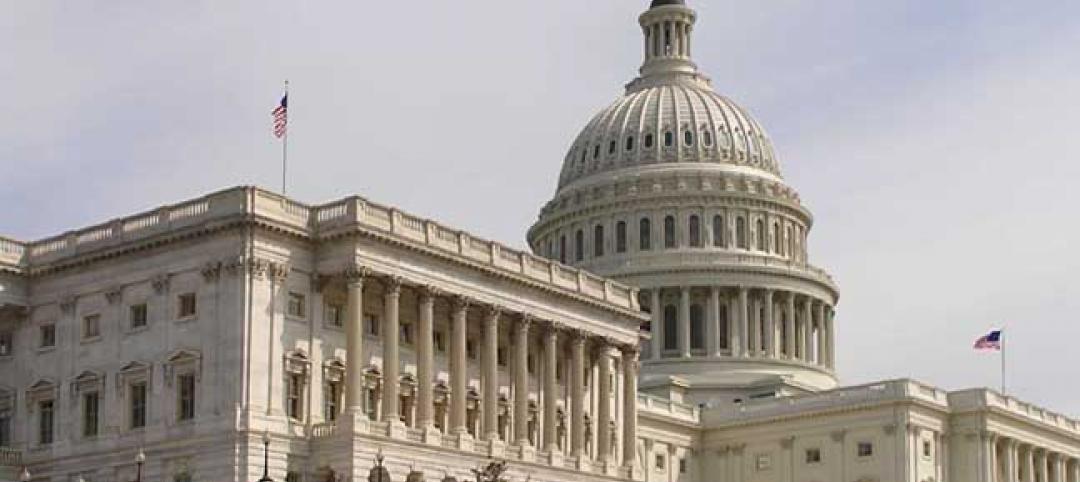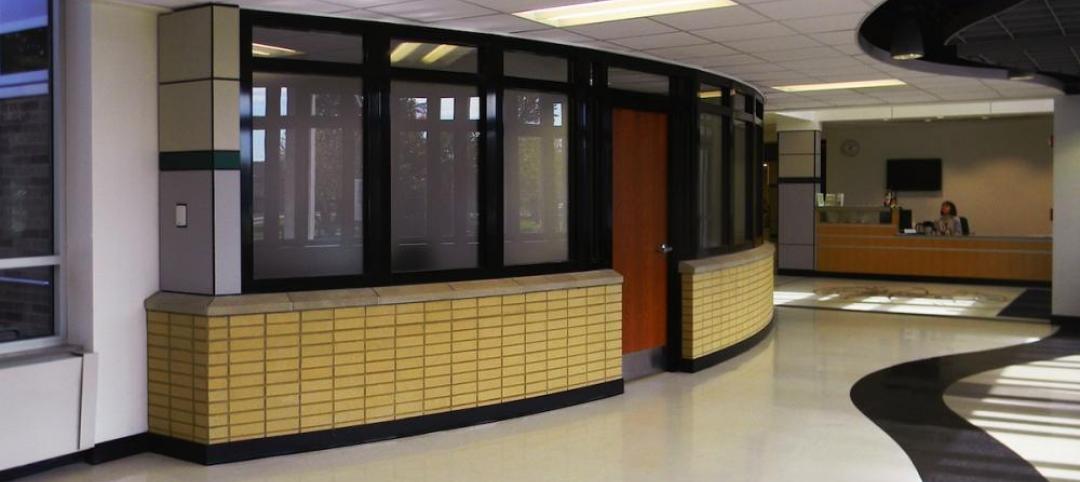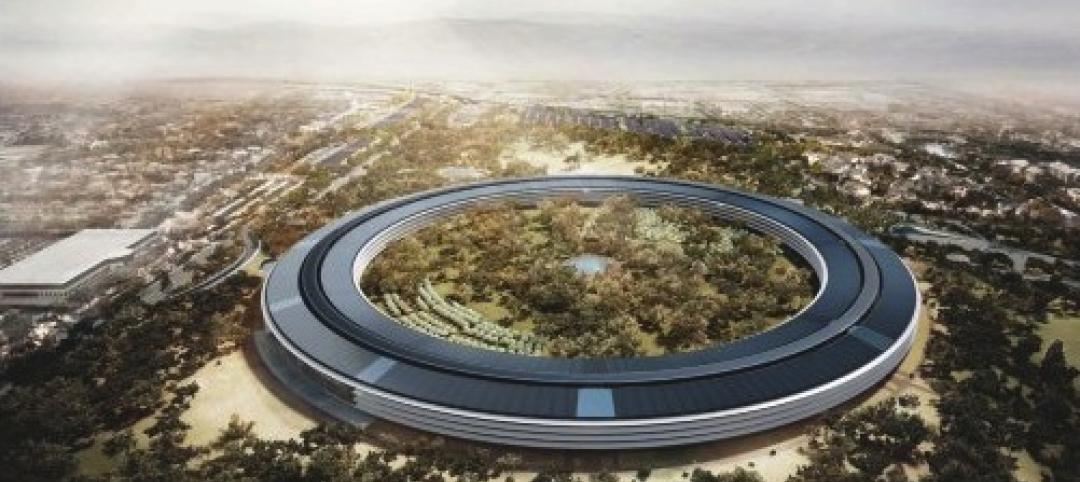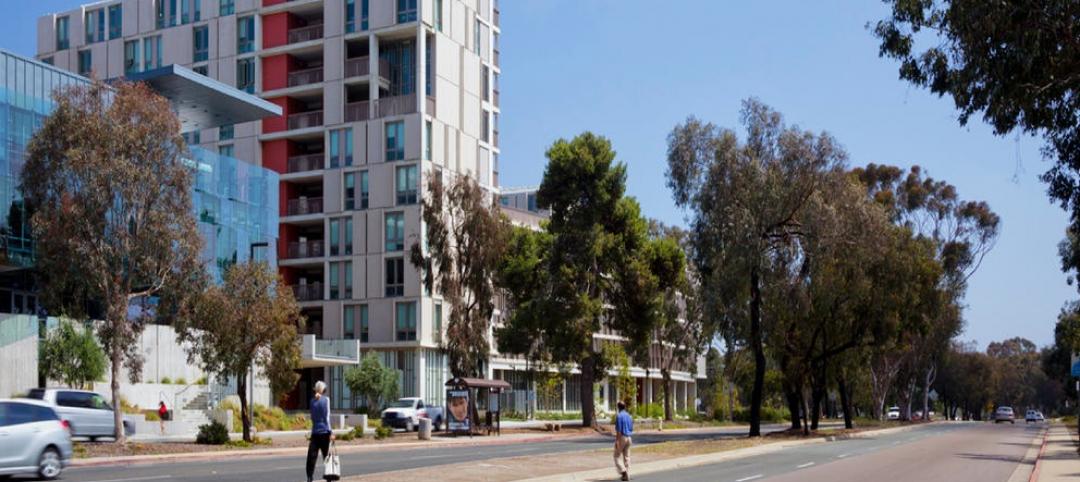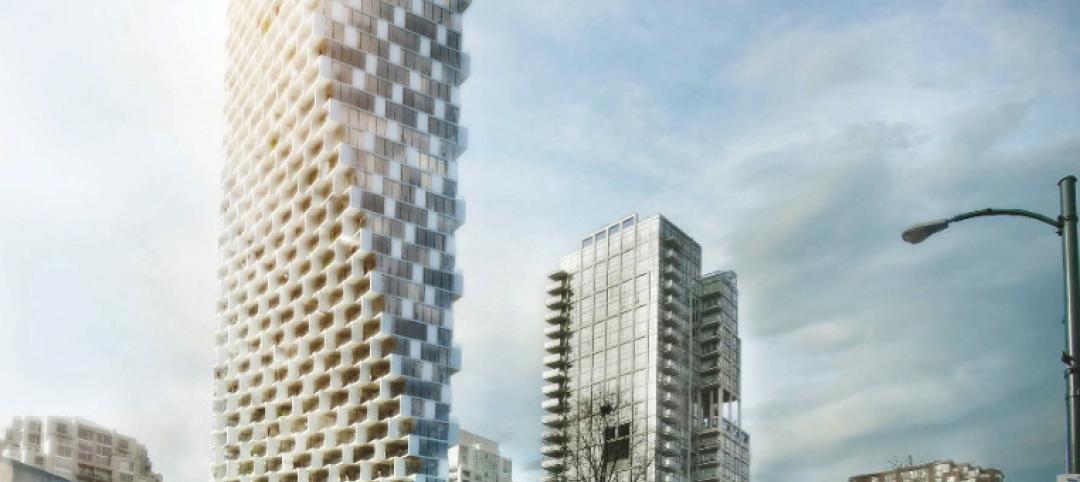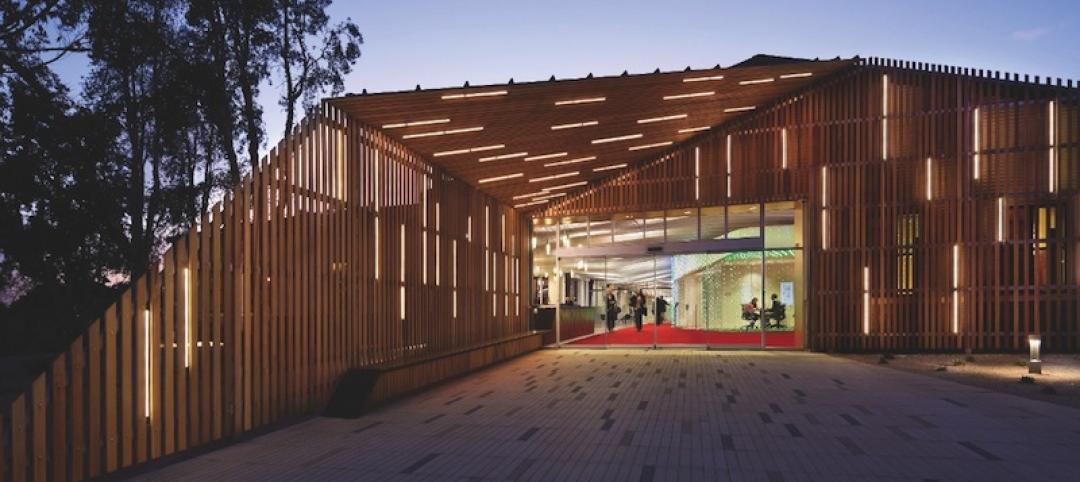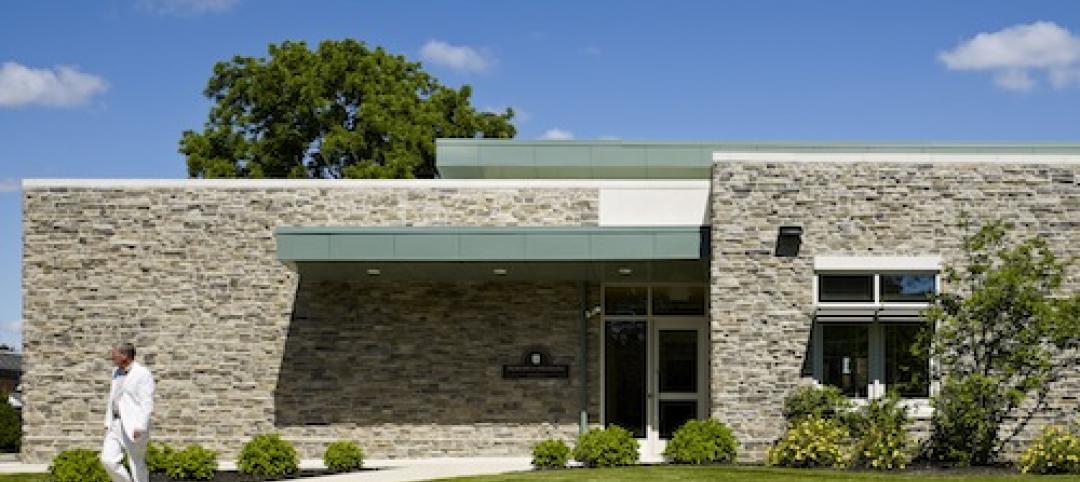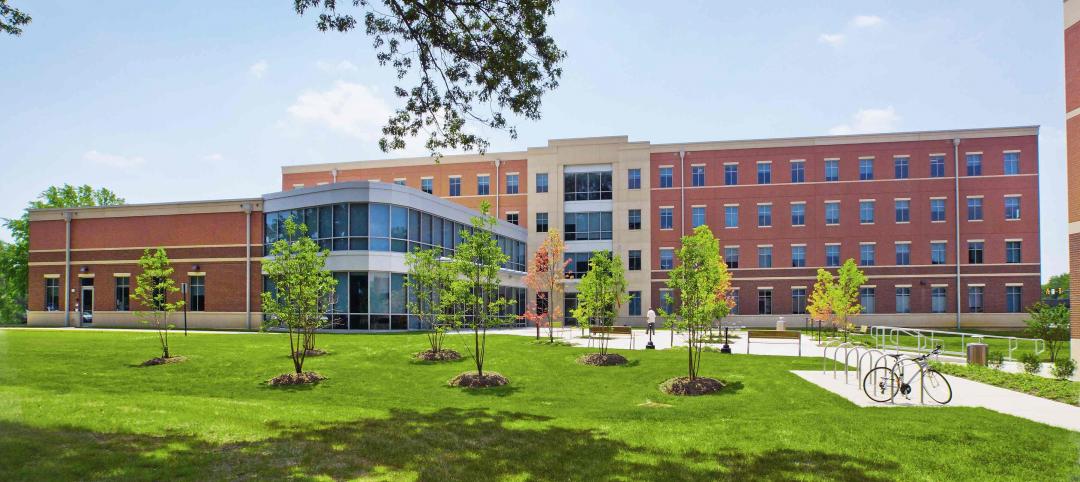In the month since Amazon CEO Jeff Bezos announced plans for a $5 billion development that would serve as the e-commerce giant’s second headquarters, cities and regional economic development organizations (EGOs) across the country have been tripping over themselves in an effort to woo the world’s third-largest tech company.
In using an open RFP process with a tight timeline (just six weeks from the Sept. 7 reveal date), Amazon created a frenzied, almost hackathon-like atmosphere that it hoped would spark next-level creativity when it comes to urban redevelopment and incentives for corporate businesses. Amazon’s RFP process downplays the backroom dealings common with massive economic development opportunities like this, in favor of a more inclusive “show us what you got” approach.
And show us they did. As of mid-October, more than 50 cities and development groups had responded to Amazon’s RFP. The proposals range from impressive to outright wild. Noteworthy examples:
Dallas: a transit-oriented development for HQ2 adjacent to a proposed bullet train station. The $15 billion train line would shuttle passengers to and from Houston.
Phoenix: adapt a 1950s retail mall (the city’s first mall), which currently houses a few restaurants, offices, and a data center.
Frisco, Texas, is offering to build out the remainder of its city—the 62-square-mile Dallas suburb is 60% developed—with Amazon’s HQ as the centerpiece.
Atlanta suburb Stonecrest has promised to devote 345 acres to the corporate campus and rename a portion of the community, “City of Amazon.”
New Jersey has plans for some $7
billion in tax breaks over the next decade.
Don’t get me wrong, HQ2 would be a huge win for any metro market. Amazon says it expects the development to ramp up to include as many as 50,000 jobs.
But the hysteria around Amazon’s open RFP has gone to a new level of absurdity. I’m just waiting for Bezos to announce that he’s purchasing airtime on CNBC for his own version of LeBron’s “The Decision.” “After careful consideration, we decided that we’re going to take our talents to __________.” (Cut to camera on scene, applause erupts.)
It’s safe to say that the majority of the 50+ entrants in the race for HQ2 has a slim chance of winning. But that doesn’t mean there aren’t valuable lessons to glean from the exercise, says Amy Liu, a VP and Director with the Brookings Institution.
“This global firm basically sent a very clear market signal to cities about what matters, and I think they are really scrambling now to make sure they exhibit those assets,” she said. “But after the competition is over, what I want is for cities to not let go of that core message, which is that a strong technical workforce, a livable sustainable community, strong transit, multimodal access, and ultimately a diverse, tolerant community, those are the factors that matter in the long term.”
Related Stories
| May 1, 2013
Groups urge Congress: Keep energy conservation requirements for government buildings
More than 350 companies urge rejection of special interest efforts to gut key parts of Energy Independence and Security Act
| Apr 30, 2013
Tips for designing with fire rated glass - AIA/CES course
Kate Steel of Steel Consulting Services offers tips and advice for choosing the correct code-compliant glazing product for every fire-rated application. This BD+C University class is worth 1.0 AIA LU/HSW.
| Apr 26, 2013
Apple scales back Campus 2 plans to reduce price tag
Apple will delay the construction of a secondary research and development building on its "spaceship" campus in an attempt to drive down the cost of developing its new headquarters.
| Apr 24, 2013
North Carolina bill would ban green rating systems that put state lumber industry at disadvantage
North Carolina lawmakers have introduced state legislation that would restrict the use of national green building rating programs, including LEED, on public projects.
| Apr 24, 2013
Los Angeles may add cool roofs to its building code
Los Angeles Mayor Antonio Villaraigosa wants cool roofs added to the city’s building code. He is also asking the Department of Water and Power (LADWP) to create incentives that make it financially attractive for homeowners to install cool roofs.
| Apr 22, 2013
Top 10 green building projects for 2013 [slideshow]
The AIA's Committee on the Environment selected its top ten examples of sustainable architecture and green design solutions that protect and enhance the environment.
| Apr 19, 2013
7 hip high-rise developments on the drawing board
Adrian Smith and Gordon Gill's whimsical Dancing Dragons tower in Seoul is among the compelling high-rise projects in the works across the globe.
| Apr 15, 2013
Advanced lighting controls and exterior tactics for better illumination - AIA/CES course
To achieve the goals of sustainability and high performance, stakeholders in new construction and renovation projects must rein in energy consumption, including lighting. This course presents detailed information about lighting control strategies that contribute to energy efficient buildings and occupant well-being, as well as tips for lighting building exteriors effectively and efficiently.



